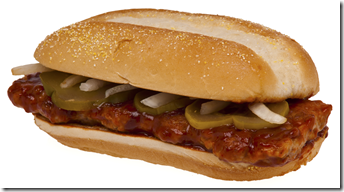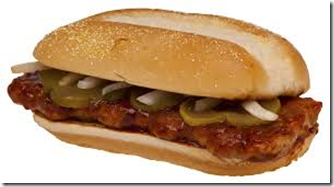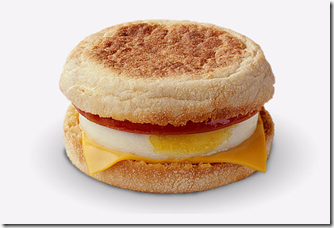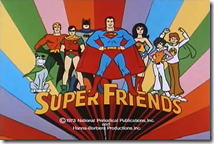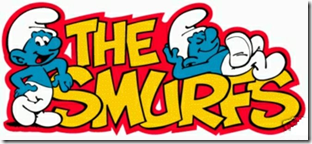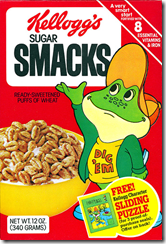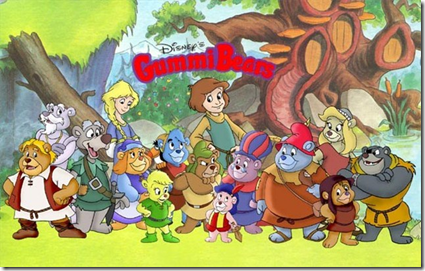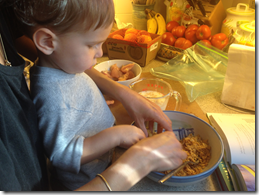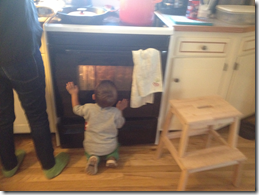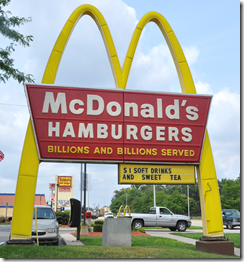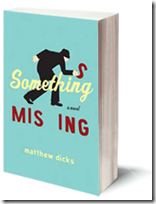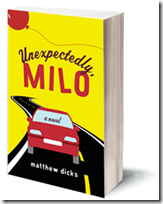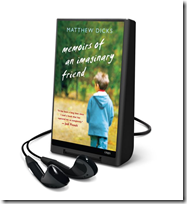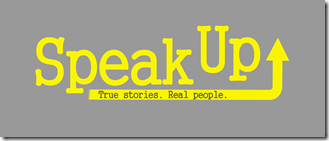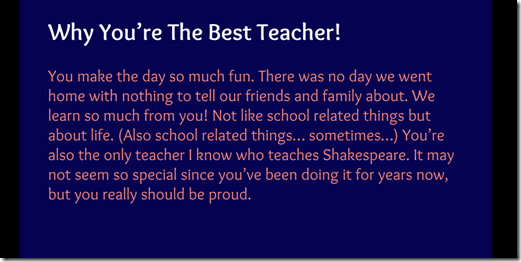Yes, they are real eggs
/I found myself at dinner recently assuring someone for what felt the millionth time that the eggs cooked at McDonald's are in fact real eggs.
"They actually crack eggs?" she asked.
"Yes," I said. "They crack the damn eggs."
"Really? They crack real eggs every morning?"
"Yes."
The question arose because I had been explaining to the woman that every morning I stop by McDonald's for an Egg McMuffin. When she heard this, she looked at me in horror. Possibly disgust.
Naturally my first question was: "When was the last time you were in a McDonald's?"
Here answer, as I expected, was a billion years ago.
This always astounds me. Kind, generous, thoughtful souls are always so willing and quick to assume and judge when it comes to food. Whether it's fast food or processed food or anything in between, people make rapid determinations about food absent of any facts and experience.
For example, people assume that fresh vegetables are the best possible form of vegetables, when the truth is that frozen vegetable are just as good for you (and sometimes better for you) than fresh vegetables.
When I explain this fact to perfectly rationale human beings, they scoff. When I provide scientific evidence of this fact, they refuse to believe. When I show them mountains of research proving my case, they change the subject.
Fresh food is supposed to be better than frozen food, damn it. End of story.
Another example: Every day, almost without exception, I eat a bowl of Quaker instant oatmeal for lunch. Colleagues have repeatedly questioned my choice of lunch, the rigid consistency of my lunch, and my decision to eat prepackaged oatmeal as opposed to the fabled steel-cut, homemade variety.
I explain that I eat instant oatmeal on the advice of my doctor, and after one year of eating instant oatmeal almost every day, I lowered my cholesterol 50 points. I went from borderline high cholesterol to fantastic cholesterol, and the only change I made was one bowl of instant oatmeal every day.
Just as my doctor ordered.
When I asked a nutritionist if I should consider switching to the homemade, all-natural, steel-cut variety, her response was this:
"Only if you prefer the taste and want to spend more time making oatmeal. The instant oatmeal probably has a little more sugar than what you'd make at home, but otherwise it's just as good for you. Oats are oats."
Yet when a person sees my lunch emerge from a small, brown bag and cooked in a microwave, the assumption is that I'm eating a processed, unhealthy food that would never be found in a good and wholesome place like Whole Foods. And when I explain that my doctor and a nutritionist fully support this decision, and that I've lowered my cholesterol 50 points in the process, they continue to fight.
Food that comes out of little brown bags and cooked in microwaves isn't supposed to be good for you, damn it. End of story.
So back to the Egg McMuffin. I eat one a day. Over the course of ten years spent managing McDonald's restaurants I made tens of thousands of Egg McMuffins. I've cooked so many eggs that I can hold four eggs in my two hands and crack and empty them into a frying pan simultaneously.
Here is what an Egg McMuffin is made of exactly:
One real, honest-to-goodness egg, cracked into a egg ring and poached.
One English muffin, exactly like the kind of English muffin you have in your home.
One slice of American cheese, exactly like the American cheese you purchase at a deli.
One round slice of Canadien bacon.
That's it. All real ingredients. 290 calories in total.
If I was to serve you a scrambled egg (with a little American cheese mixed in for flavor) alongside an English Muffin and a slice of bacon, you'd accept this as a reasonable breakfast. If I served it to you on a pretty plate with a orange wedge garnish (that you probably wouldn't eat) and a cup of your favorite coffee, you'd think you were in heaven.
Yet hand that same breakfast through a drive thru window in sandwich form and people can't believe the egg is real.
Fast food is not real food, damn it. End of story.
I'm not implying that all fast food or processed food is good for you. I'm not saying that eating an Egg McMuffin every morning is the best possible breakfast.
I often add an apple or a banana for that very reason.
What I'm asking is that when it comes to food, we try to assume less. Be less influenced by preconceived notions. Be less susceptible to the marketing of corporations like Whole Foods and The Food Network. Be a little less fetishistic about our food beliefs. Be more open-minded to the idea that perhaps food establishments or food products that you have deemed demonic are perhaps not as evil as you once thought.
And stop doubting the fact that McDonald's cracks real eggs, every morning, in every restaurant.







